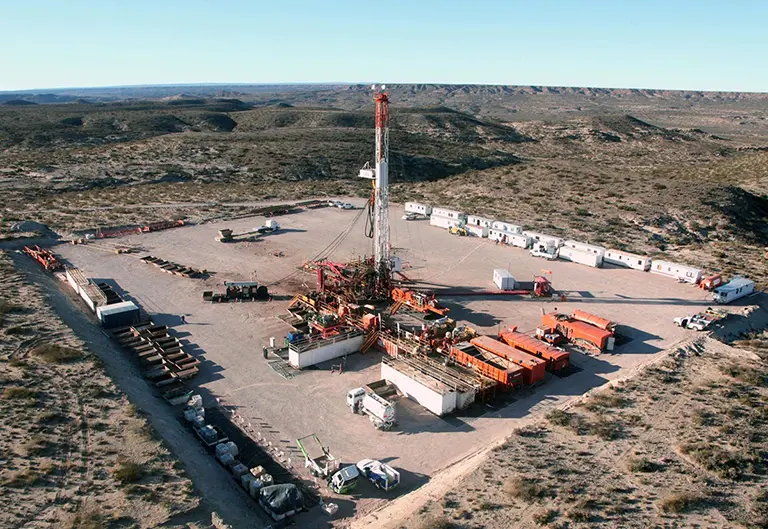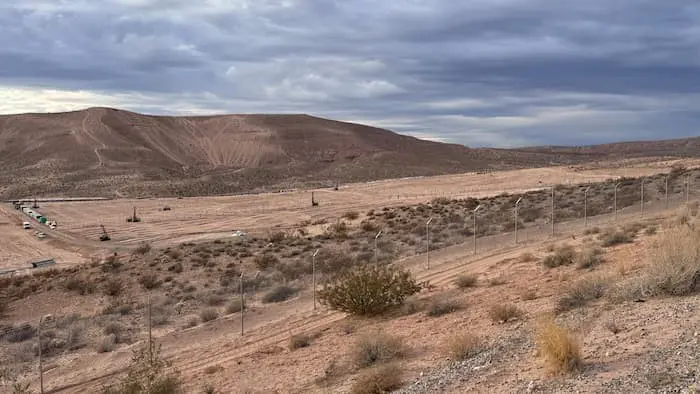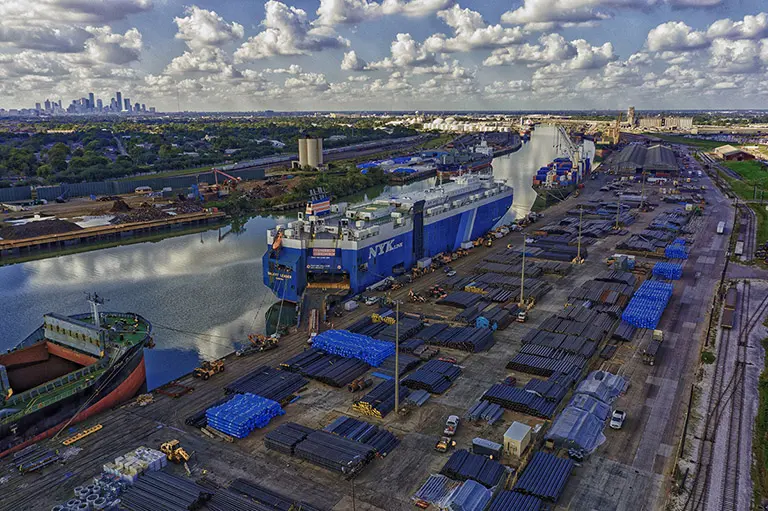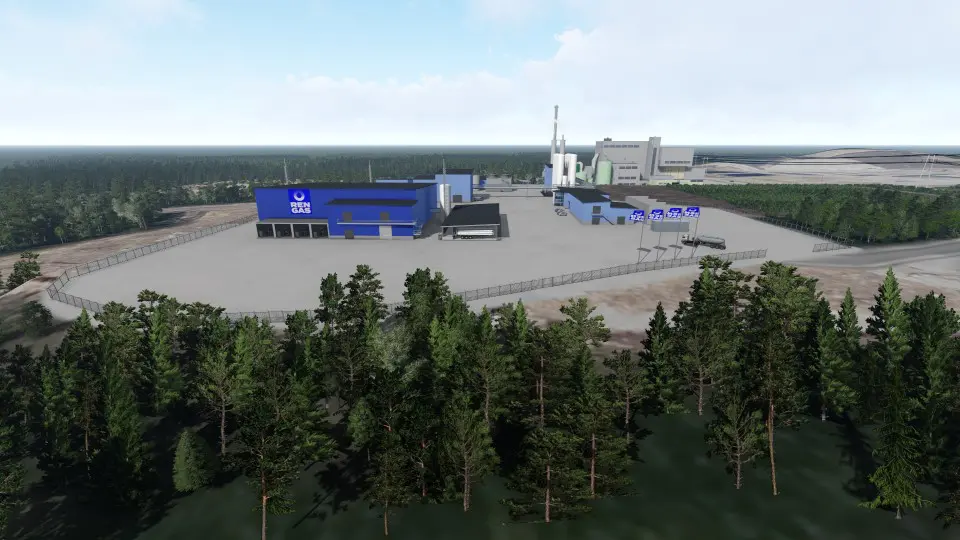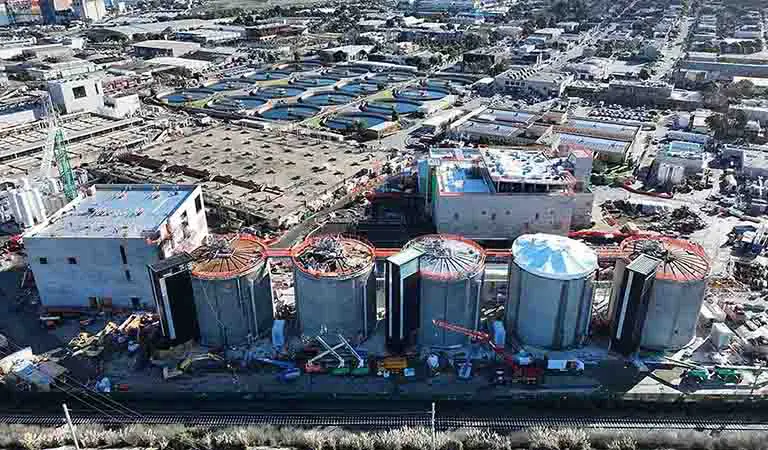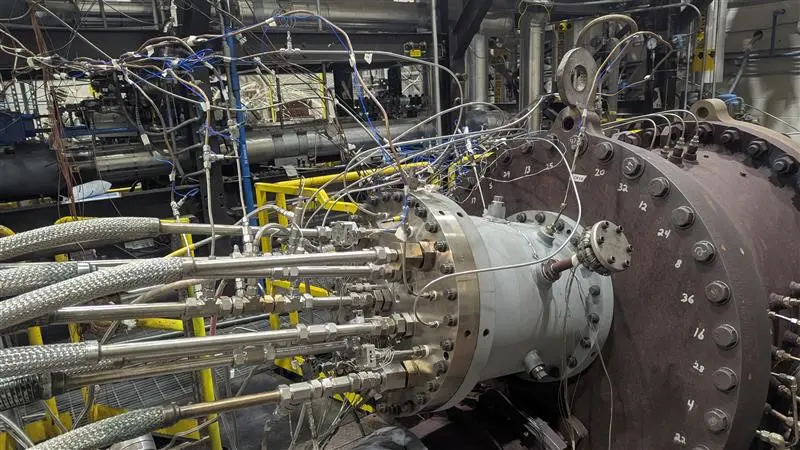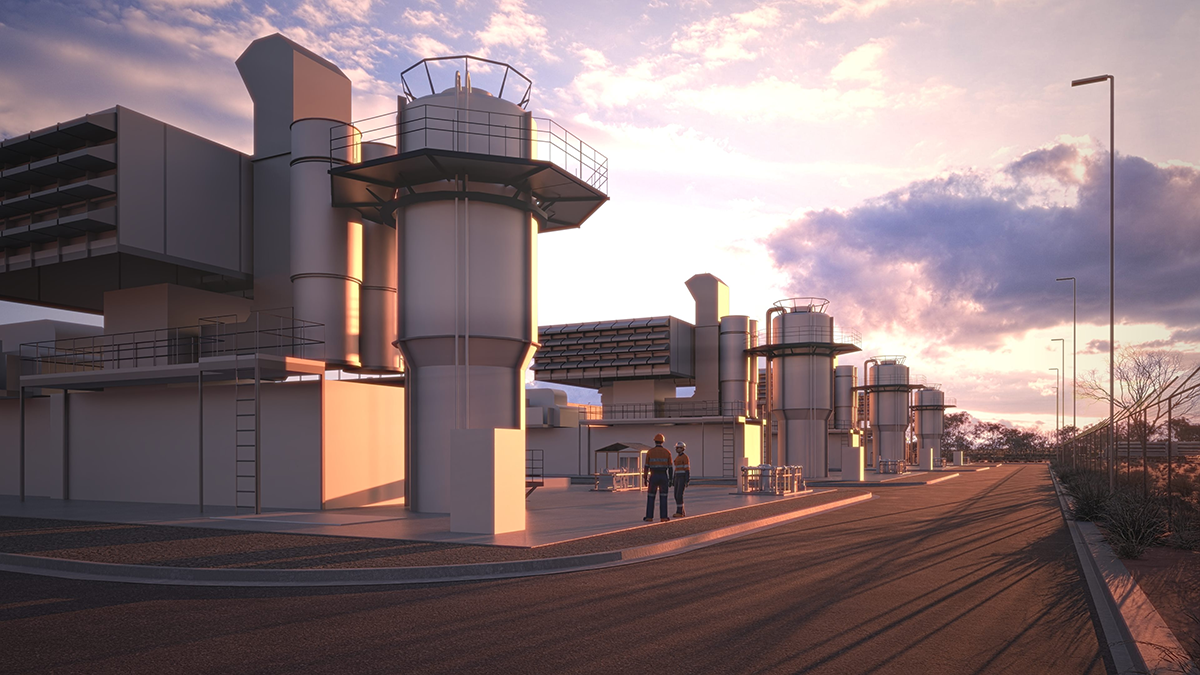
Maas Energy Works And Clean Energy Fuels Team Up On Nine New Dairy RNG Projects
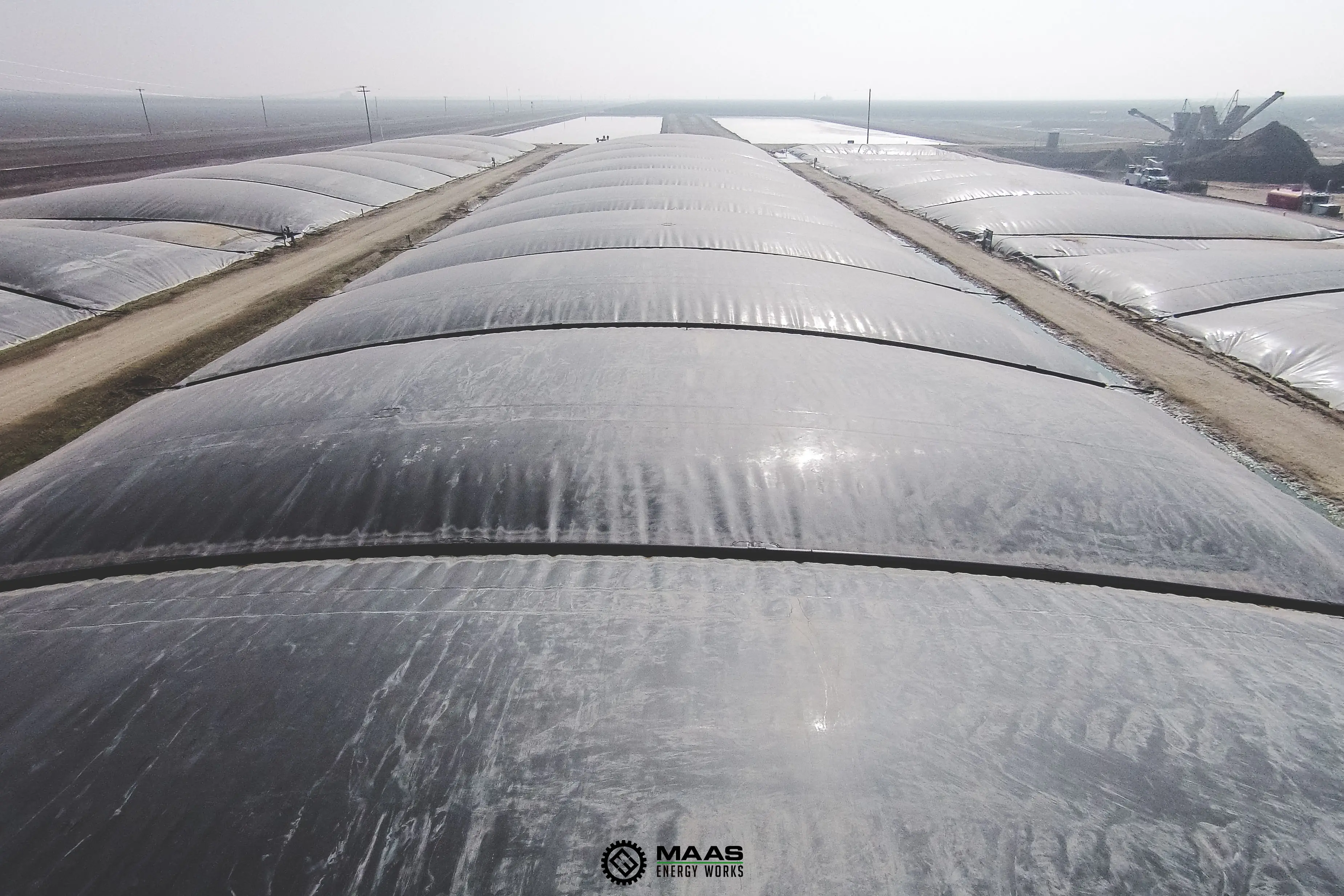
Clean Energy Fuels, a provider of clean fuel for the transportation market, and Maas Energy Works, the nation’s largest dairy digester developer, announced a new joint development agreement to build nine renewable natural gas (RNG) production facilities at dairy farms across seven states. The new endeavor will include dairies located in Colorado, South Dakota, Georgia, Florida, Iowa, Nebraska, and New Mexico, and will collect the manure from a combined herd size of approximately 35,000 cows preventing the methane emissions from entering the atmosphere.
The nine projects, each subject to finalizing diligence before beginning construction, are expected to be completed in 2026 and will produce up to an estimated 4 million gallons (15.1 million liters) of ultra-clean RNG annually, a negative carbon-intensity transportation fuel that will make its way into Clean Energy’s nationwide network of RNG stations.
Maas Energy Works has completed more than 60 dairy digester projects over the past decade. The team specializes in lagoon cover digesters that involve a large tarp over a manure lagoon to capture methane emissions. This process makes these facilities significantly less expensive to build and operate compared to tank digesters seen at other RNG plants. Financed by Clean Energy, the nine sites are forecasted to cost approximately US$130 million in total.
Agriculture accounts for nearly 10% of US greenhouse gas (GHG) emissions and the transportation sector accounts for another 28%, according to the US Environmental Protection Agency. Capturing methane from farm waste lowers these emissions. RNG, produced by that captured methane and used as a transportation fuel, significantly lowers GHG emissions on a lifecycle basis when compared to diesel. This allows RNG to be one of the only fuels to receive a negative carbon-intensity score based on the reduction of emissions at the source and at the vehicle.

